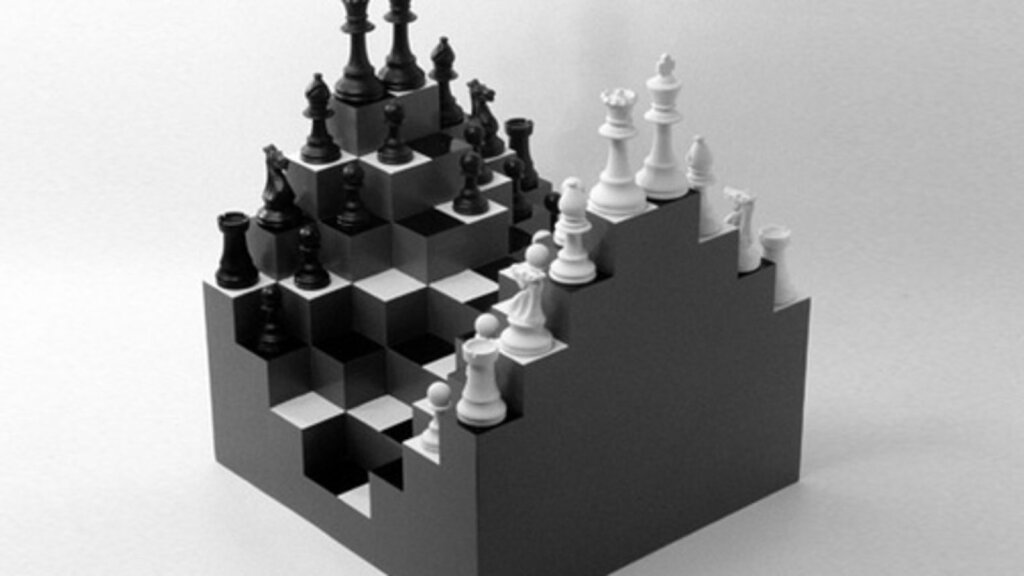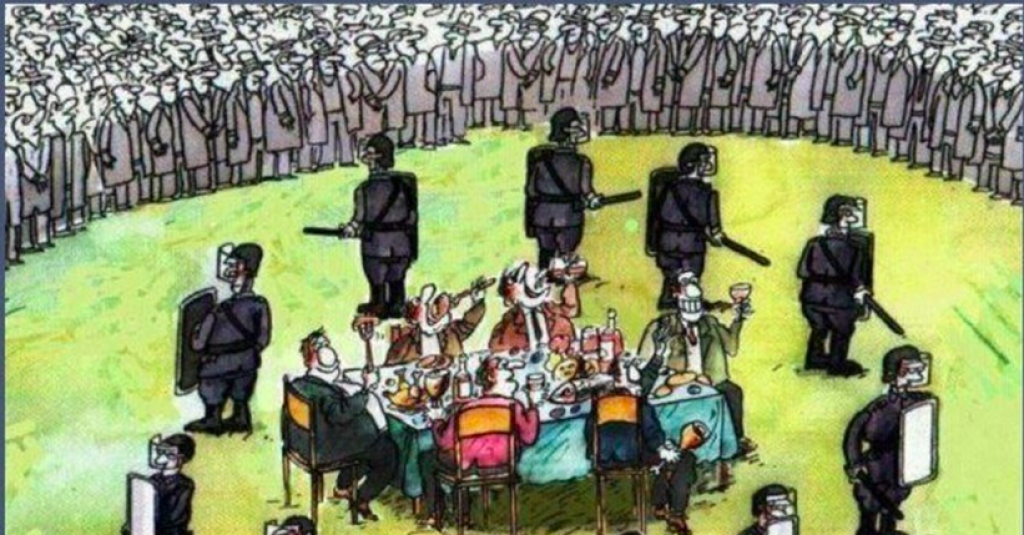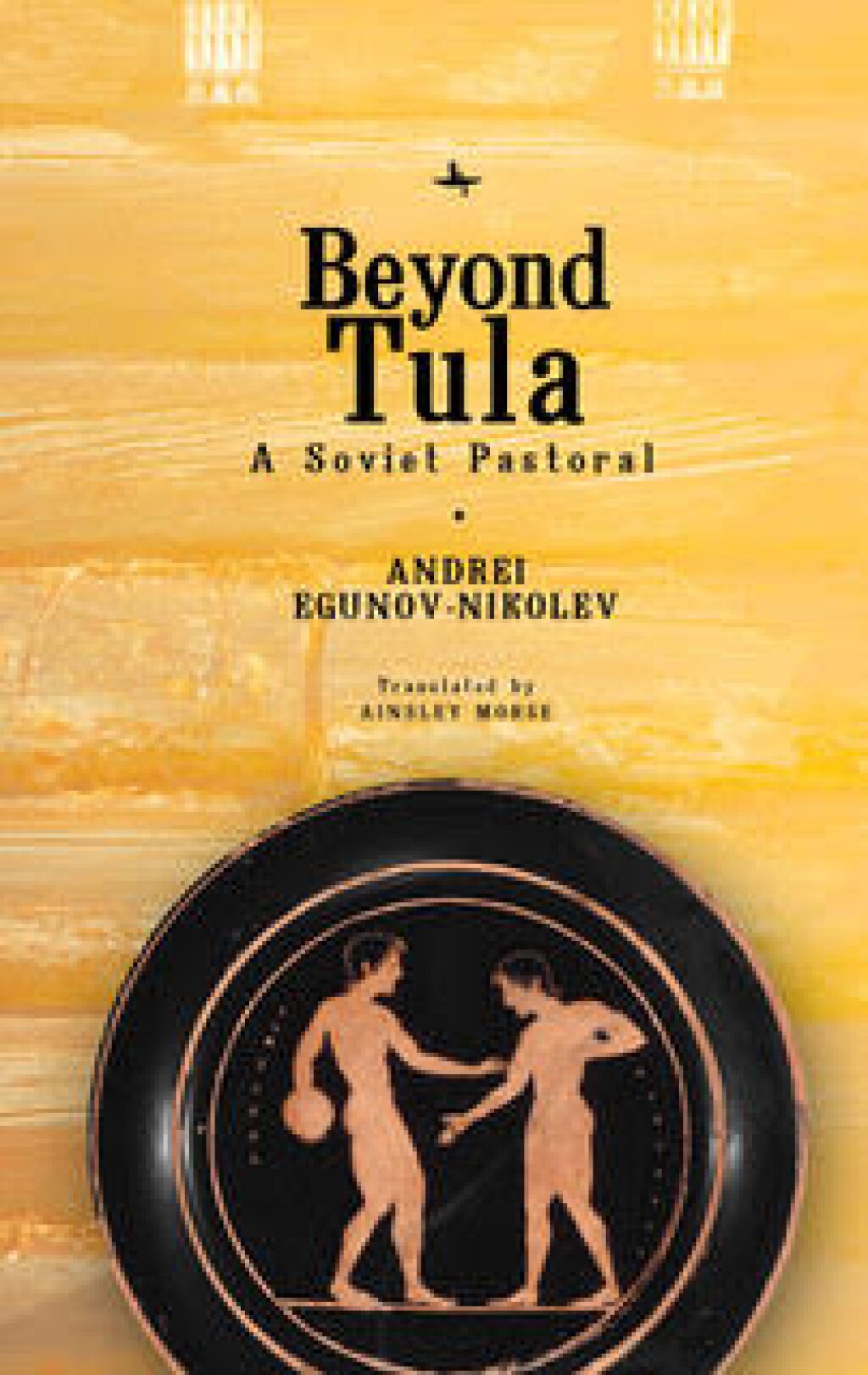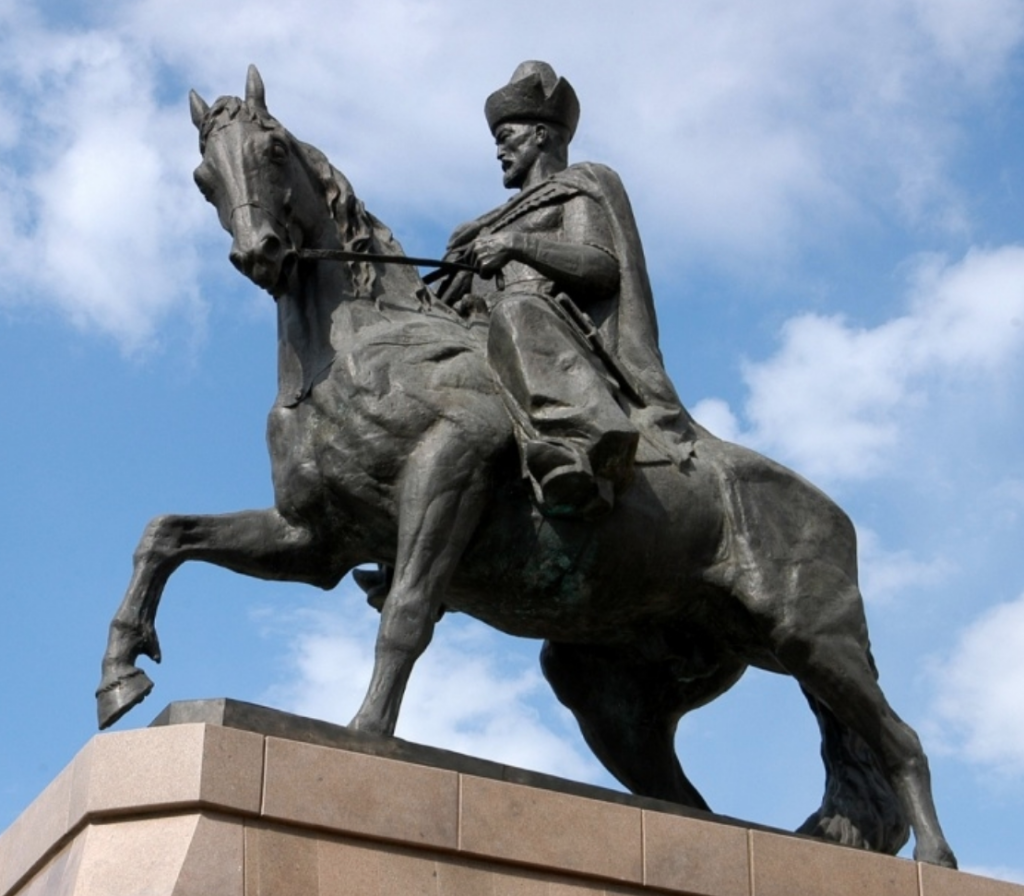Harley Balzer is Professor Emeritus of Government and International Affairs at Georgetown University and founding Director of the Center for Eurasian, Russian and East European Studies.
In 1995, the film heroes Russians thought would make good presidential candidates were Marshal Zhukov and the Soviet agent Shtirlits. In 2019, the list is topped by Ekaterina, the single mother and self-made factory administrator in “Moscow Does Not Believe in Tears,” and Professor Preobrazhenskii from “Heart of a Dog.” This is just one of the fascinating data points in the most recent report by the same analysts who predicted Russia’s election protests in 2011.
Mikhail Dmitriev, Anastasia Nikol’skaia and Sergei Belanovskii have tracked significant changes Russian’s views of Vladimir Putin’s domestic and foreign policies since the 2018 pension reform. Their focus groups and Russian sociologists’ surveys document a shift from the post-2014 “Crimean consensus” celebrating Russian power to a critical view of Russia’s elites and leaders. The glaring gap between what Russians want and the political options on offer creates tremendous risks as the economy stagnates and local protests increase.
The 2018 data revealed growing criticism of how funding Putin’s aggressive foreign policy in places like Syria and Ukraine affected Russia’s economy and social welfare system. More recent data, from focus groups and surveys in 2019, provide additional evidence of growing public dissatisfaction with many regime policies, while sounding a cautionary note regarding the prospects of this discontent producing peaceful change in the nation’s political system.
The latest report, for Liberal Mission in July 2019, noted both strong shifts in Russian’s view of themselves and their leaders and contradictions in the responses. Major findings include:
The consensus that emerged following the annexation of Crimea has been replaced by a new, post-materialist and anti-elite consensus.
The ruling elite is increasingly losing its legitimacy and its ability to communicate with the people.
Russians do not believe any politicians, including the opposition. Nor do they trust official media. Russians still watch the news on state TV channels, but they no longer accept it as truth. Younger Russians get their news from social media and their friends.
Demand is growing for greater civic and political freedom, human rights, and equality before the law. These values are now considered more important than material needs.
Despite a strong desire for change, Russians’ expectations of what is possible in the near term are realistic. Many say they would accept five years of lower living standards and up to two decades of adjustment if this would produce more responsive and responsible government.
Increasing civic activity reflects a growing desire to play a role in determining the nation’s development. Many are embarrassed by their own passivity, expressing a feeling of personal responsibility for the unsatisfactory situation in the country.
The new consensus differs from the government-created “Crimean consensus” in being endogenous, rather than something creted by the regime This could could make it more durable. At the same time, lack of supporting cultural norms and institutions makes it fragile.
A sober view of the Soviet past and demand for political freedom coexist with unprecedented approval of Stalin, Lenin, Brezhnev and Andropov.
Real demand for change is balanced by lack of any concrete alternative, but also a growing separatism in some regions (Brexit-style populism).
Russians express increasing willingness to protest, along with growing negative and aggressive feelings toward the authorities. However, lack of a positive unifying idea stymies moving beyond local protests to all-Russian political activity.
The authors conclude that a tipping point may have been reached, but the trigger has not yet materialized. The situation certainly could change, but they believe current regime policies will not alleviate the growing discontent.
Similar findings have been published based on surveys by the Institute of Sociology and VTsIOM, a pollster considered to be influenced by the Kremlin. Pressure from the Kremlin induced VTsIOM to change its methodology to produce a more favorable result.
Yet the surveys indicate that views of President Putin have become more critical among Russians of all political persuasions:
TABLE 1: CHANGES IN VIEWS OF PUTIN OVER PAST YEAR, %
| Group | Democrats | Socialists | Free Marketeers | Statists (Derzhavniki) |
|---|---|---|---|---|
| Improved | 13 | 13 | 17 | 20 |
| Worsened | 42 | 37 | 37 | 31 |
The most recent data from Nikol’skaia and her colleagues describe a wide gulf in values between a growing portion of the Russian population and the country’s elites/leaders, perhaps best summed up in a cartoon accompanying one of the press accounts of their findings:
Among the most significant results from the July 2019 report:
Only 19% would support their country invading another country unless Russia were attacked. This reinforces findings from a year ago regarding lack of support for an aggressive foreign policy
Just 23.4% favor capital punishment over lifetime imprisonment
71% say it is necessary to struggle against global warming
94% support scientific truth over religious belief
52% accept allowing people to choose euthanasia
The analysts cited above emphasize the dynamic character of public opinion. Changes have been rapid, suggesting that more changes may be expected. The trajectory of the shift has been in one direction: greater emphasis on freedom, self-expression, and self-reliance. A growing number of Russians since 2017 say it is important for them to take responsibility for the situation in their country, their government should be accountable to them, and Russia’s foreign policy should emphasize peaceful integration with reliable economic partners.
One of the most significant implications of this values shift is that many Russians recognize the appropriate partners for these values are Europe and North America, not China.




